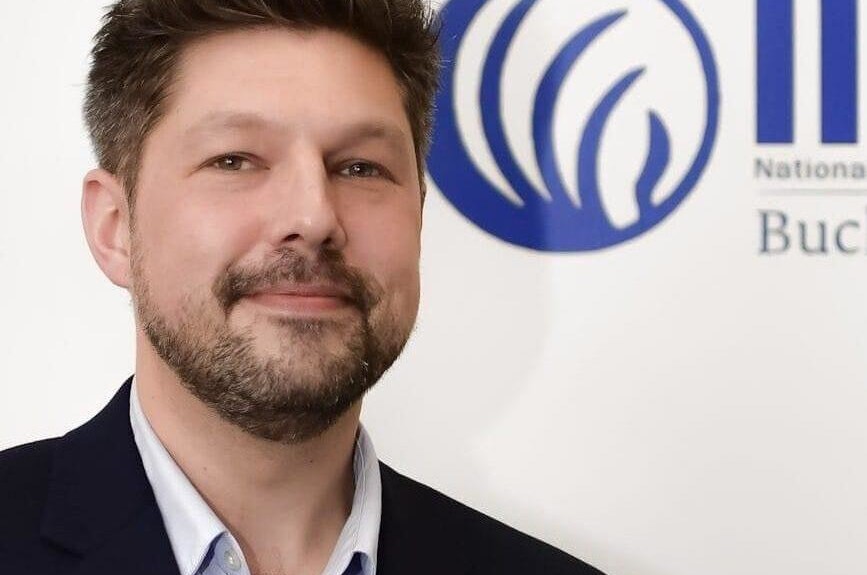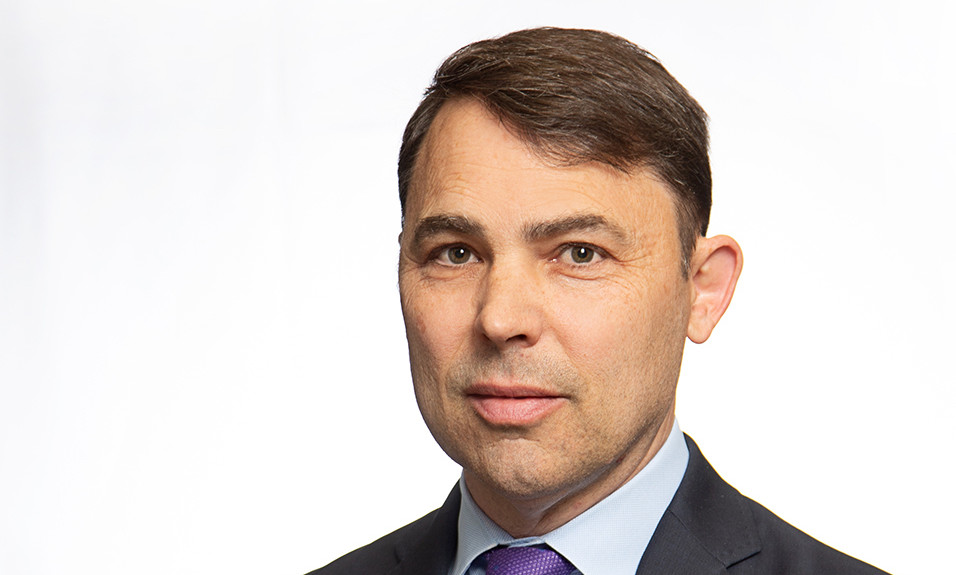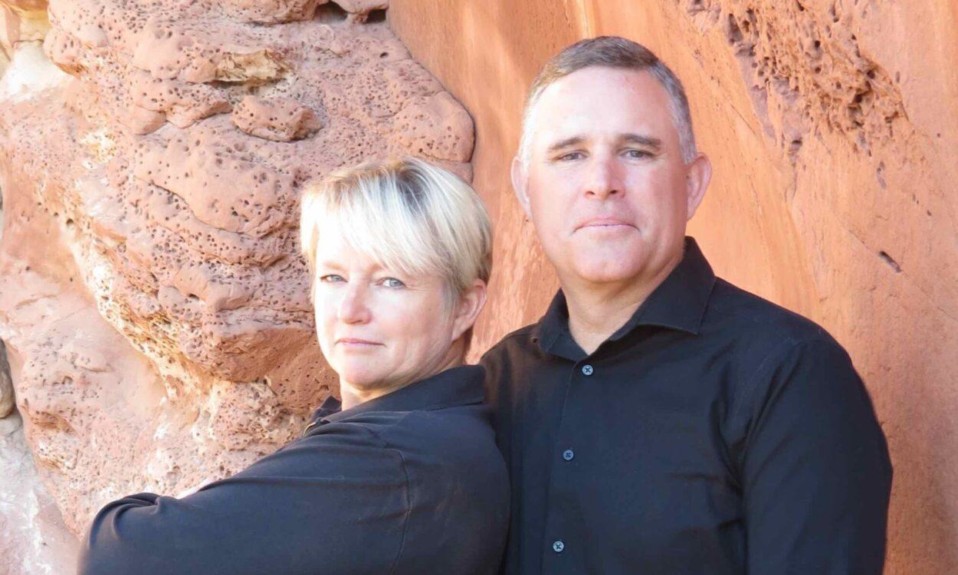My Q&A with Nick Emeigh, who battled his own addiction and suicide attempts to help people struggling find recovery and purpose
By Patrick McElwaine, Psy.D., LPC
Five years in recovery and a survivor of three suicide attempts, Nick Emeigh is the director of outreach and development for NAMI Bucks County, Pa., the Greater Philadelphia affiliate of the National Alliance on Mental Illness. I have worked closely with him to promote mental health in our communities, and I am proud to call Nick a friend. He is an amazing person. After you read his story and his mission, I am pretty sure you will feel the same.
Q: What do you do in addiction treatment?
A: I work to make mental health support, education and services accessible, attainable and understandable for anyone who needs them through advocacy, outreach, public awareness events and online through social media.
I am a person living in recovery from serious mental illness, substance use disorder and trauma. I am proud and grateful to celebrate five years of continuous recovery. My work at NAMI—my purpose—helps me to stay clean, sober and stable. I have a brother and sister who helped me to find recovery and support me in it.
Q: What drives you in this field?
A: I had three major suicide attempts and have an addicted brain that tried to kill me every day. It sometimes still does. It was only a matter of time before it succeeded, especially after the deaths of my mother and father, both passing suddenly and in devastating ways. I was at death’s door when I accepted help for what seemed like the 50th time, and agreed to be an active participant in my treatment and recovery.
I’m so passionate because I don’t want to die anymore, and I don’t want anyone else to die from treatable illnesses either. I work so hard because every day one person dies by suicide every 40 seconds, and eight people die each hour from a drug-related overdose, according to the CDC and NIDA, respectively. I can’t afford to waste time, not answer a phone call, and not work hard to reach as many people as I possibly can. I know that not everyone has the support they need, and lives depend on it.
I was at death’s door when I accepted help for what seemed like the 50th time, and agreed to be an active participant in my treatment and recovery. I’m so passionate because I don’t want to die anymore, and I don’t want anyone else to die from treatable illnesses either.”
—Nick Emeigh, LSW, director of outreach and development, NAMI Bucks County, Pa.
Q: What advice do you have for people struggling with mental health and addiction?
A: In my active addiction and mental illness struggles, I, along with others, believed I was a monster. I believed this because I behaved badly, while grappling with the concept that something was wrong with me that had never been wrong with anyone else. Responding to that behavior, people treated me like a monster—and so I came to believe that was true of me.
I’d like you to know that you’re not a monster if you’re living with trauma, mental health and addiction struggles. This is not a death sentence. You are trying to cope with a situation that no one has prepared you for. You’re doing your best to stay alive despite having a brain that wills you to die. And I’m proud of you.
I want you to know that there are people like me in the world who have lost everything and made it through, who can’t believe they made it through, and have devoted their time and their lives to helping people like you find:
- A life that you don’t have to conform to.
- A life that you want to live, where you belong, and where you have a reason and a purpose for living.
- A life that incorporates an understanding of what’s happening in your brain and a way to make it manageable while pursuing your goals and dreams.
That’s my definition of recovery, by the way.
Q: What has helped you stay sober and maintain your recovery?
A: I live with Schizoaffective Disorder, OCD, ADHD, PTSD and SUDS. If I’m not mindful of what I eat, how much I sleep, going to therapy, taking medication as prescribed and avoiding people, places and things that cause me stress, anxiety and depression, I’m likely to try and self-medicate the symptoms of those illnesses so that I can tolerate them.
I’d like you to know that you’re not a monster if you’re living with trauma, mental health and addiction struggles. …You’re doing your best to stay alive despite having a brain that wills you to die. And I’m proud of you.”
—Nick Emeigh, LSW
I will never forget how bad things got at my worst, and although recovery takes work, recovery will never be as difficult to maintain as a drug habit and a brain on fire. The combination of mental illness and opiate dependence is like having the worst 24/7 party in your head that you can’t stop. I’m done partying, and I’m focused on staying clean, sober and stable so I can help others.
* * *
Thank you, Nick, for telling your story.
Helping others, by the way, is a huge help to me in maintaining my own recovery. When you don’t know what to do with yourself, help someone else. You don’t have to be completely healed or know everything to practice empathy and help others. You can see why I admire Nick so much, right? If you’re struggling while you read this, I know this about you: There is a person inside of you free of pain, addiction and mental illness. You are not a monster, and you are not a lost cause.
The renowned Brené Brown, Ph.D., of TED Talks fame, tells us: “What we don’t need in the midst of struggle is shame for being human.” There are good, caring people who have been where you or your loved one is right now, and they are willing to help.
I know. I’m one of them. I also know that vulnerability is our greatest and most accurate measure of courage.
So, reach out. Tell your story. Accept help.
Patrick McElwaine, Psy.D., LPC, is known as “Dr. Mac” to his clients, students and colleagues. He has his own counseling practice, teaches counseling psychology at Holy Family University in Pennsylvania, is a faculty member at the Beck Institute and serves on the Bucks County National Alliance on Mental Illness (NAMI) board of trustees. His column, “Dear Recovery,” publishes regularly on TreatmentMagazine.com.













